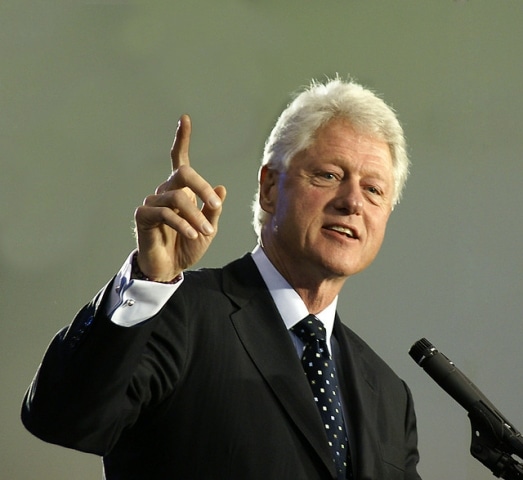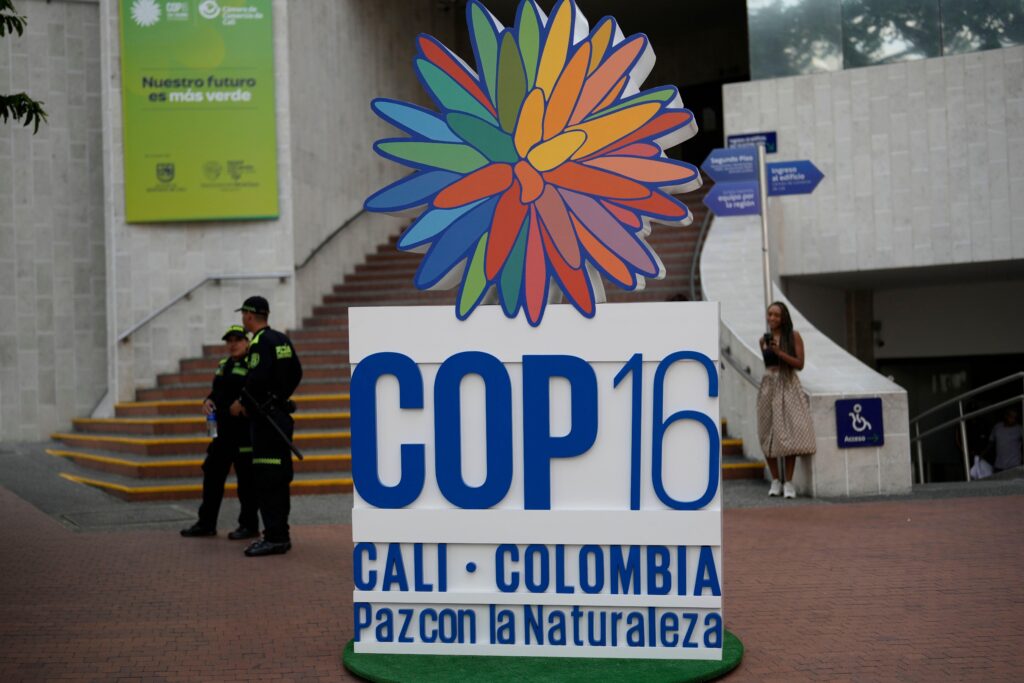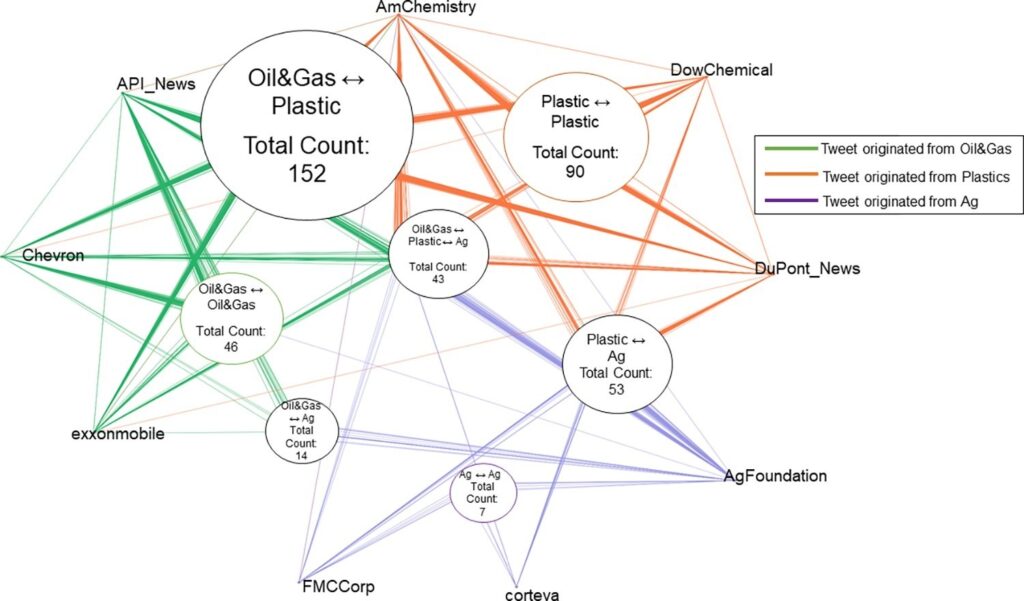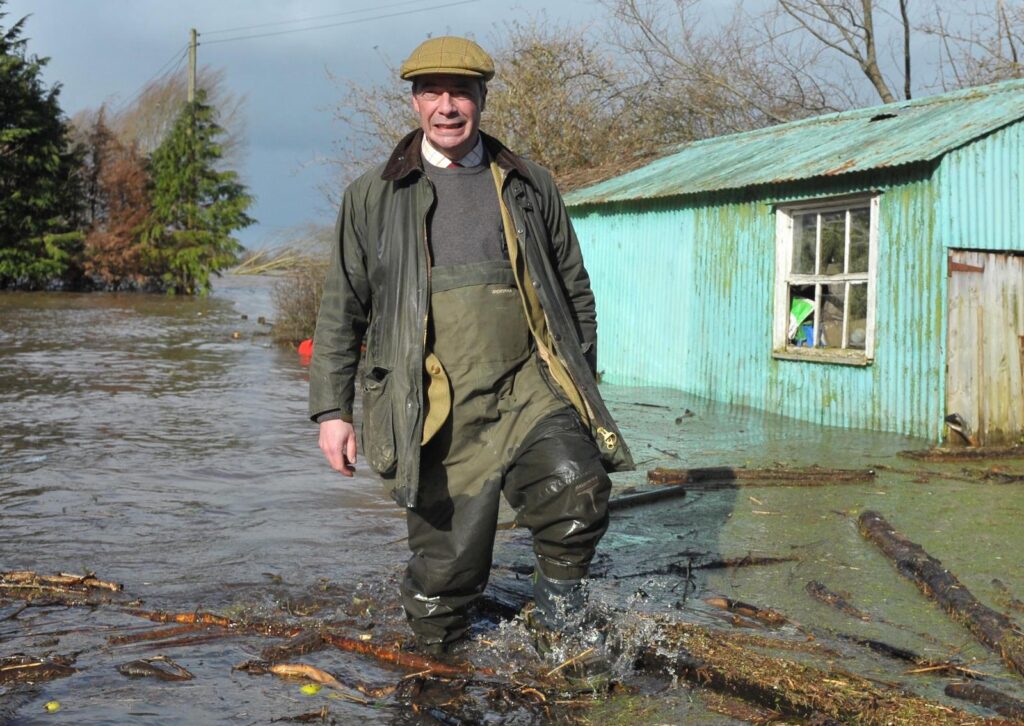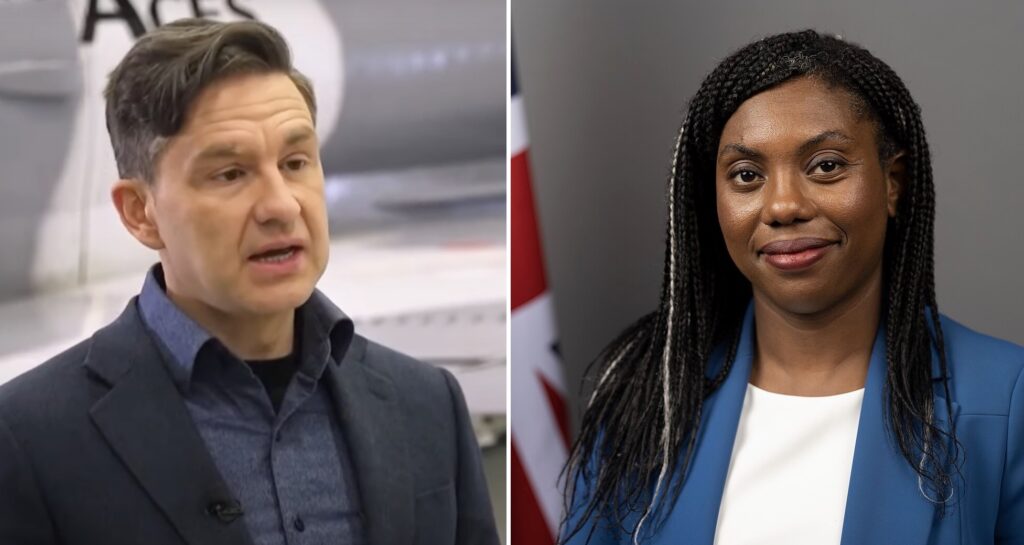The DeSmog UK epic history series continues with a look at how oil-funded lobbyists increased their attacks on climate science as Bill Clinton’s new policy era began.
The 1993 election of President Bill Clinton in the US heralded a new era in climate policy. And, in turn, the oil industry lobbyists would intensify their attacks on the Intergovernmental Panel on Climate Change (IPCC).
Clinton appointed the accomplished and charismatic British climate scientist Dr Robert Watson as an adviser to the White House. Watson was also promoted to co-chairman of one of the three working groups within the IPCC.
The industry campaign was, at this time, still relatively transparent, with lobbyists Don Pearlman of the coal-funded Climate Council and John Shlaes, executive director of the Global Climate Coalition (GCC), receiving funding directly from the coal and oil industries respectively.
Pearlman had previously worked at the Department of Energy under Reagan and Bush Snr. As the first chairman of the IPCC, Bert Bolin recounts: “Lobby organisations were being formed, still primarily in the USA, with financial support from some industrial groups and with the aim of systematically countering the assessments by the IPCC.”
Exploit the Mistakes
The American Petroleum Institute, one of 54 members of the GCC, paid $1.8 million during a single year to Burson-Marsteller, a leading public relations firm celebrated by some for its defeat of a proposed tax on fossil fuels.
The lobbyists scrutinised every move of the IPCC and every mistake was exploited remorselessly.
Shlaes and Pearlman submitted a letter, co-signed by six major industrialists, to US delegates, claiming that a mistake in a press release proved that some scientists were “trying to use the IPCC to persuade policymakers and the public of their personal views concerning climate change science and policy issues.”
The Pearlman and Shlaes double-act also attacked the IPCC as it prepared emission scenarios for the Climate Convention to be held in March 1995. The lobbyists claimed that “the terminology was ill-defined, that the IPCC procedures were violated, and a grave departure had been made from the work schedule agreed in 1993 resulting in a lack of a comprehensive, fair, and balanced discussion of whether the IPCC 1992 scenarios are valid, appropriate and useful.”
Oil Nations
National governments whose economies were entirely dependent on oil were also attacking the IPCC process.
Around this time, a “fierce argument had broken out between scientists crafting the report and government delegates representing Saudi Arabia, Kuwait, and some other major oil exporting nations,” according to professor Michael Mann, an IPCC contributor.
But it was not just its enemies that were causing serious headaches for Bolin. “The sceptics, who did not accept the reality of an ongoing human-induced climate change… believed that the IPCC assessments exaggerated the risks of a human-induced climate change, which scared the public,” he wrote. “They provided, however, few if any references to specific parts of the report that would support such views.”
Up next, the DeSmog UK epic history series investigates the divide that opened up between chief executives and shareholders who were anxious that company operations and profits could be undermined by climate change.
Photo: Tim Hamilton via Flickr
Subscribe to our newsletter
Stay up to date with DeSmog news and alerts


